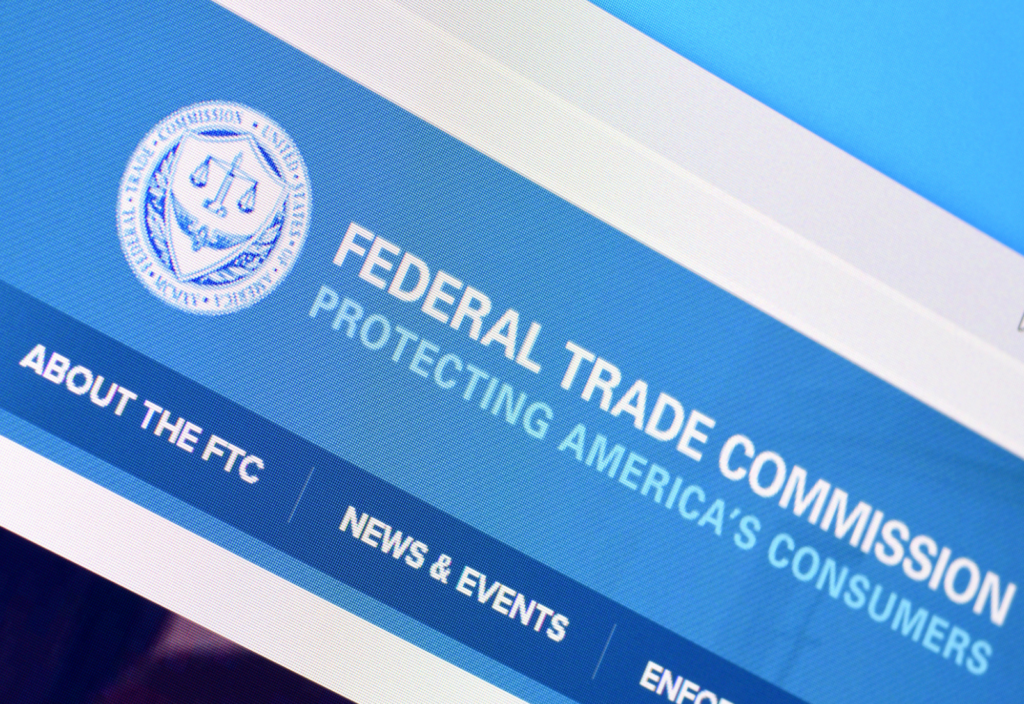The days where the Federal Trade Commission (FTC) pays no mind to cannabis businesses (marijuana and hemp) are long gone. These days, the FTC is treating consumer complaints regarding hemp and marijuana businesses similar to complaints against businesses in other industries.
The self-proclaimed mission of the FTC is to:
“prevent anticompetitive, deceptive, and unfair business practices through law enforcement, advocacy, and education without unduly burdening legitimate business activity.”
This blog post contains an overview of what we’ve seen on FTC litigation in the cannabis space.
What is the FTC looking at?
The key words in the FTC’s mission statement are “deceptive” and “unfair.”
- An advertisement is deceptive if it contains a misrepresentation or omission that is likely to mislead consumers acting reasonably under the circumstances to their detriment. Deceptive claims are actionable only if they are material to consumers’ decisions to buy or use the product, but the Commission does not need to prove actual injury to consumers.
- An advertisement is unfair if it causes or is likely to cause substantial consumer injury which is not reasonably avoidable by consumers themselves and which is not outweighed by countervailing benefits to consumers or competition.
There are two kinds of claims the FTC can make. The first is the false or unsubstantiated claim, which is a straight performance claim. An advertiser is responsible for all claims, express and implied, that are reasonably conveyed by the ad, meaning, the advertiser is strictly liable for violations of the FTC Act. The FTC does not have to show proof of intent to convey a deceptive claim or evidence that consumers have actually been misled.
The second kind of claim is the false establishment claim, which is defined as a claim that contains express or implied statements regarding the amount of support the advertiser has for the product claim. An advertiser has to have at least the level of substantiation expressly or impliedly claimed in the ad.
To give a quick example to show the difference between these two types of claims, if a business makes the advertising claim that its hemp product reduces COVID symptoms, that is a potential false or unsubstantiated claim. On the other hand, if a business makes the advertising claim that a study on 500 adults found that its hemp product reduces COVID symptoms, that is an establishment claim.
One thing to note is that for health or safety claims, the FTC has typically required a relatively high level of substantiation, usually “competent and reliable scientific evidence.” This evidence may consist of:
“tests, analyses, research, studies, or other evidence based upon the expertise of professionals in the relevant area, that has been conducted and evaluated in an objective manner by persons qualified to do so, using procedures generally accepted in the profession to yield accurate and reliable results.”
And finally, the FTC must show that the defendant violated Section 5 of the FTCA, which gives the Commission broad authority to prohibit “unfair or deceptive acts or practices,” or Section 12 of the FTCA, which prohibits the dissemination of misleading claims for food, drugs, devices, services, or cosmetics.
An example of what not to do in FTC cannabis litigation
Before we get into what not to do, the first point to be made is that if a company receives a warning letter or complaint, it should immediately retain representation. The FTC can move fast and not give a ton of time to respond.
Now to the example. In one of the most popular cases in this space, the Food and Drug Administration (“FDA”) and the FTC issued a round of warning letters to several companies, several of which sold and marketed CBD products. One of those companies was California-based marketer Mark Ching, doing business as Whole Leaf Organics.
The FDA gave Mr. Ching 15 days to take corrective action. Despite the FDA’s warning, Mr. Ching continued making unsubstantiated medical claims about his CBD products, which were sold and marketed on his website. Then, Mr. Ching added fuel to the fire when he started promoting the therapeutic values of Thrive, a dietary supplement consisting primarily of Vitamin C and herbal extracts, as an effective treatment, prevention or reduction of the risk of contracting COVID-19, and falsely claiming that the efficacy of Thrive and of his CBD products were clinically and scientifically proven.
In a matter of weeks, the FTC took things to the next level and filed a complaint for a temporary restraining order and preliminary injunction against Mr. Ching. Soon after, the parties ended up entering into a stipulated preliminary injunction order, which bars Mr. Ching from claiming Thrive is effective at treating, preventing or reducing the risk of COVID-19, or that his CBD products are effective cancer treatments, at least until the FTC concludes its full administrative proceeding.
It’s important to note that Mr. Ching is now not only subject to injunctions, but he also likely had to take costly steps like revamping his website, changing his labels, preserving records, sending notices to consumers and anyone in his supply chain, complying with recordkeeping measures and sending compliance reports to the FTC, and maybe paid even monetary penalties like civil penalties and disgorgement of profits.
Ending remarks on FTC cannabis litigation
Bottom line, make sure to be responsive and protect yourself adequately if the FTC communicates that it has a problem with your advertising practices. As an aside, it’s also worth noting that there is a new wave of consumer class actions precisely because the FTC’s warning letters are leading those same companies to be sued by consumers. So it is in a company’s interest to respond and work with the FTC not only to avoid administrative litigation, but also secondary class action litigation for the same offenses.
For prior updates on the FTC, check out:
- FTC Cracking Down and Issuing Fines for Deceptive Claims by CBD Companies
- Will the FTC Adopt Less Stringent Substantiation Requirements for CBD Claims?
























